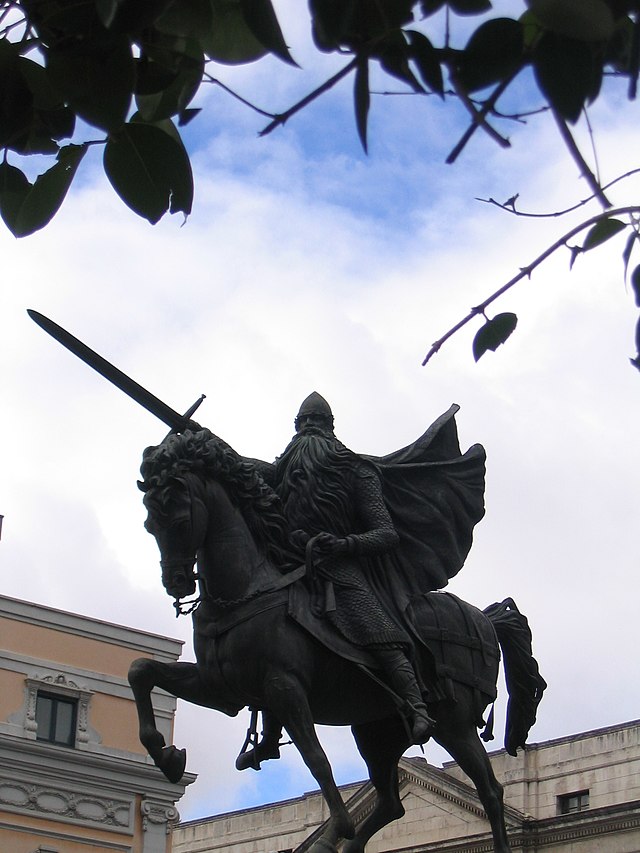However, it is not always simply a matter of identifying with kings and princesses, as in a fairy tale or a Disney movie. Sometimes the important person in a piece of romantic writing is a child or a slave or a pauper, who is seemingly powerless, but still manages to make a big difference not only for himself, but also for others in the story. Sometimes in a naturalist piece of fiction, a character can be wealthy or powerful, but rendered ineffectual by anxiety or fear or the psychological inability to act.
I have always enjoyed stories about people who, no matter their social position, are able to make a real difference in the big world that surrounds them. But I have read literary theory to the effect that what makes naturalist fiction more appropriate for today's readers is that they are powerless to make a difference in the big world, so they must focus on their small lives instead. As if the average person in the 19th century, who read romantic fiction, somehow had more of a say in the big, wide world.
And then, paradoxically, we see memes that say: "People died to give you the right to vote. People shed blood to give you a voice. Now go out and vote. It is the only way for you to make a difference."
Really? People died to make sure that we can answer a multiple choice question? Yes or No. True or False. Red or Blue. Is there any true self-expression in that? How can you make a difference by merely flipping a switch or filling in a line or blacking out a circle? Isn't it obvious that the people who shed the blood to let us vote were making a difference, while our actual vote makes no difference at all?
The people who frame those multiple choice questions have all the power. What it is that we are voting about is more important than what we vote. But we are effectively cut off from any representation there, where it counts, in the secret, smoke filled rooms where all the real decisions are made. (Or are those rooms smoke-free these days? I have no idea.)
 |
| Statue of El Cid (from the wikipedia) |
Theodosia and the Pirates, both parts, is a fairy tale set in a time when it still was possible for a person of humble origins, like Jean Laffite, to make a big difference. In one sense, these are stories about fairy princesses: both Theodosia Burr and Denise Laffite are figurative daughters of El Cid, a legendary savior of his country, who was forced to go into exile and was branded a traitor, due to political machinations. El Cid straddled party lines, represented both Christians and Moslems, and ruled over a pluralistic state for the benefit of all. And without a single ballot having to be cast!
SUGGESTED RESOURCES
(Things that will help you to think about what the chapters of the book mean)
No comments:
Post a Comment